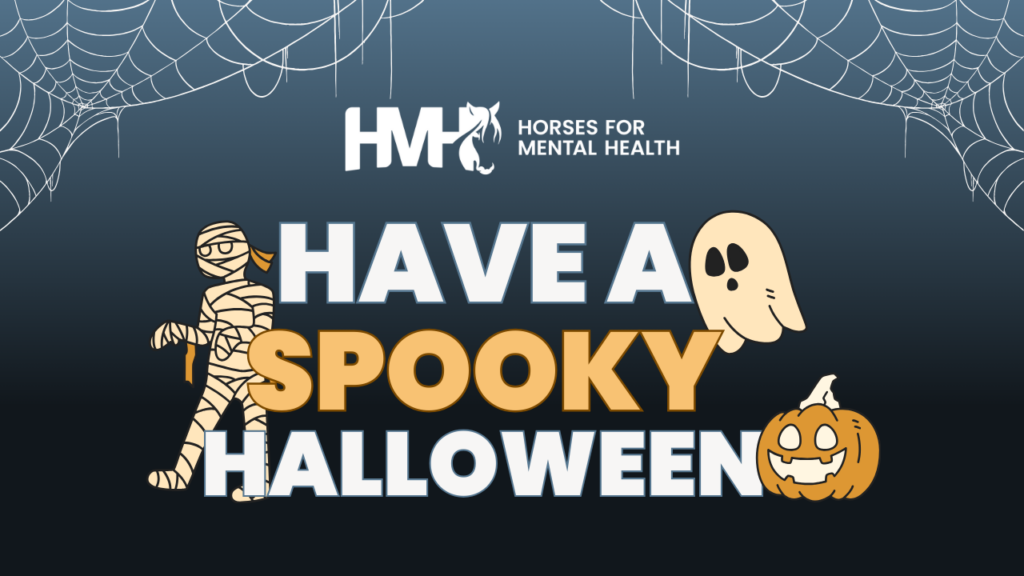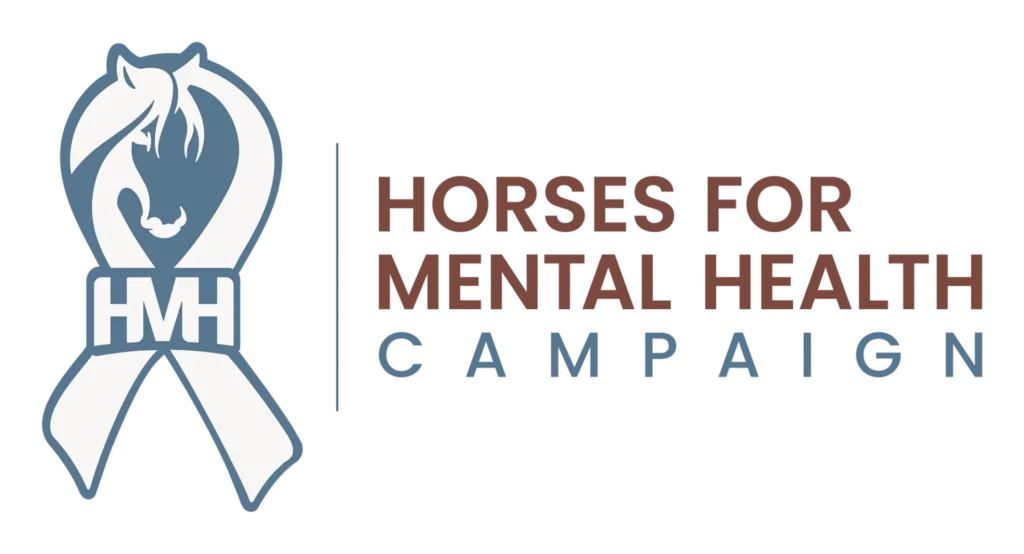Happy Halloween from HMH: Don’t Ghost Your Mental Health

Have you ever been ghosted? If you haven’t considered yourself lucky. Ghosting, in romantic and even platonic relationships, happens when someone suddenly stops all interactions, leaving the other person feeling confused, frustrated, and hurt. In an emotional sense, ghosting happens when we ignore stress or anxiety until it creeps back to haunt us. Why would someone want to ghost something as important as their mental health? The answer to that question for many people dealing with their mental health is fear. The fear of being judged, the fear of receiving a mental health diagnosis, or sometimes the fear of not knowing where to find mental health resources often tricks people into thinking there’s no way to treat their mental health. Taking care of your mental health doesn’t have to be scary.
Let’s explore some simple, not-so-spooky ways to make mental health a priority.
Spooky Stats: Don’t Let These Numbers Haunt You
- Did you know that nearly 50% of people with mental health conditions do not seek treatment? (NIMH)
- One in five adults experiences mental health challenges each year, but you don’t have to let it turn into a full-blown “nightmare.” The key is acknowledging those feelings early—before they take on a more ghoulish form. (NAMI)
- One in six kids between the ages of 6 and 17 experience a mental health disorder each year. Ignoring these issues in childhood can lead to long-term consequences, which is why early intervention is so important. (NAMI)
Getting Treatment Doesn’t Have to Be Tricky
Taking care of your mental health doesn’t require spells or potions—you can get started on the path to better mental health with a few steps. Here’s how you can begin to unmask your mental health and make it a priority:
- Face Your Fears: Just like turning on the light to check for monsters under the bed, facing your mental health head-on is the first step to getting the support that you need. Acknowledge your feelings, talk to others, and know it’s okay to seek help.
- Set Boundaries: Much like saying “no” to too much Halloween candy, setting limits in your daily life can prevent burnout and help to manage stress. Boundaries can help us to leave more room to take care of our physical and mental health.
- Try Therapy: Seeing a psychotherapist or counselor can be an effective way to receive support for mental health. Adding horses to these sessions can help remove the “fear factor,” introducing an experiential, natural element that combines professional expertise, the healing bond with animals, and the soothing presence of nature. This unique approach creates a safe, supportive space to explore fears and navigate challenging topics, all in the peaceful presence of horses.
- We’ve got some pretty sweet resources to connect you with mental health practitioners and programs. Here are directories from our Premier Partners that can help you find support:
If you or someone you know is living with depression or other mental health struggles, here are a few important resources:
- National Depression Hotline: (866) 629-4564 for support
- 24-hour National Suicide Prevention Lifeline: 1-800-273-TALK (8255)
- If you or someone you know is struggling or in crisis, help is available. Call or text 988 or chat 988lifeline.org
Left unchecked mental health can haunt you. Taking care of your mental health is important for long-term happiness and well-being. The journey to better mental health begins by acknowledging your feelings, setting boundaries, and exploring therapy options. Remember that you’re never alone.
Reaching out for help and prioritizing your mental health can help check those feelings before they grow into something frightening.










